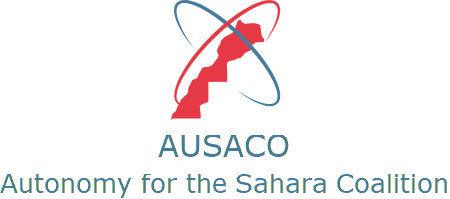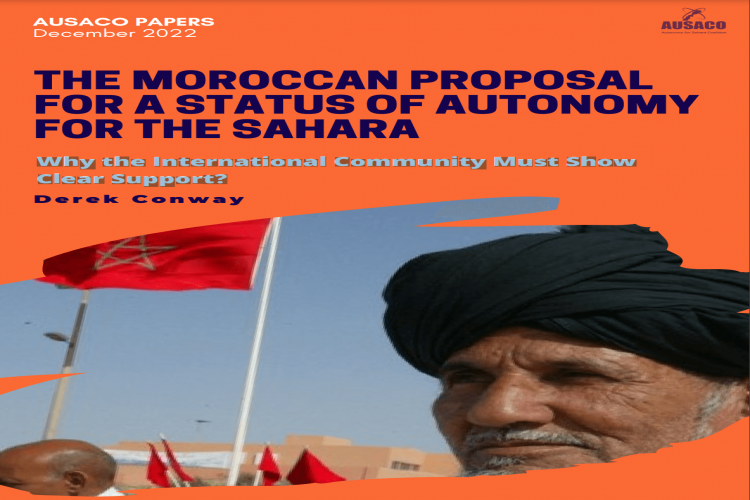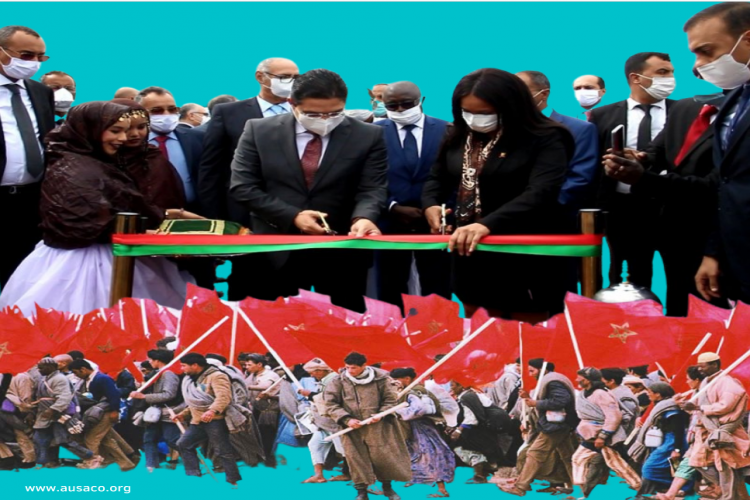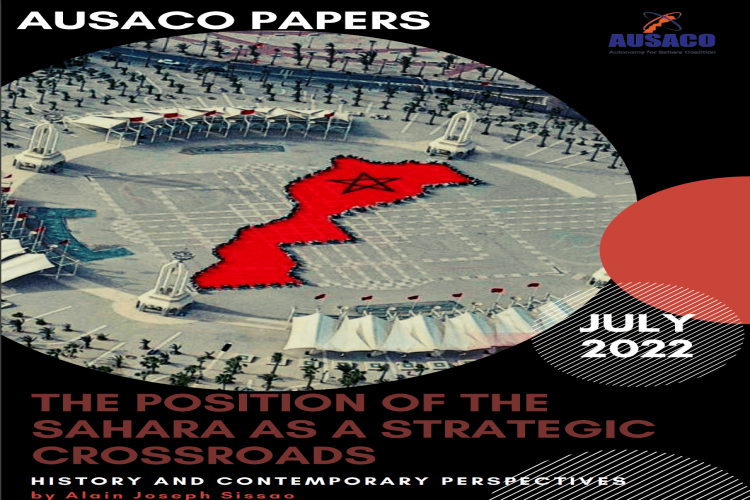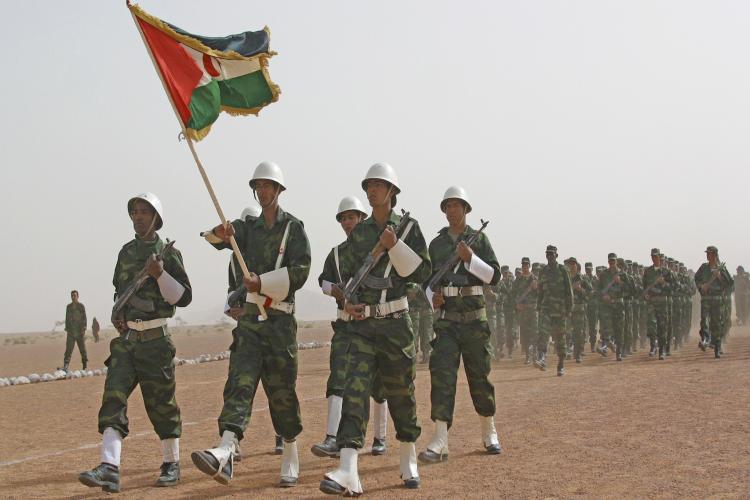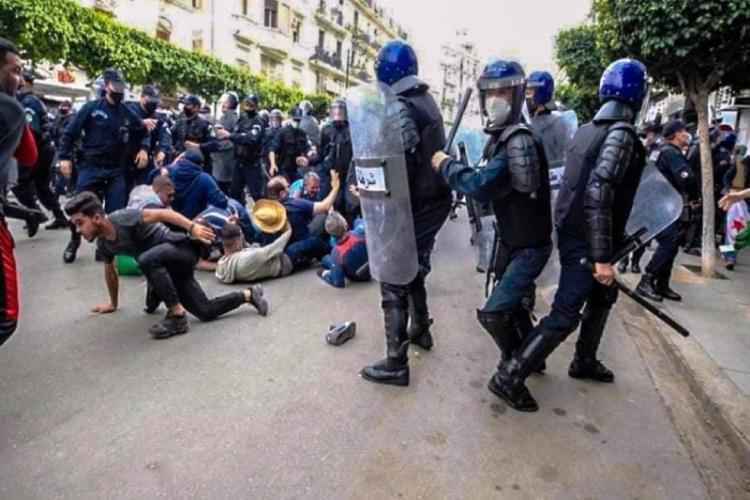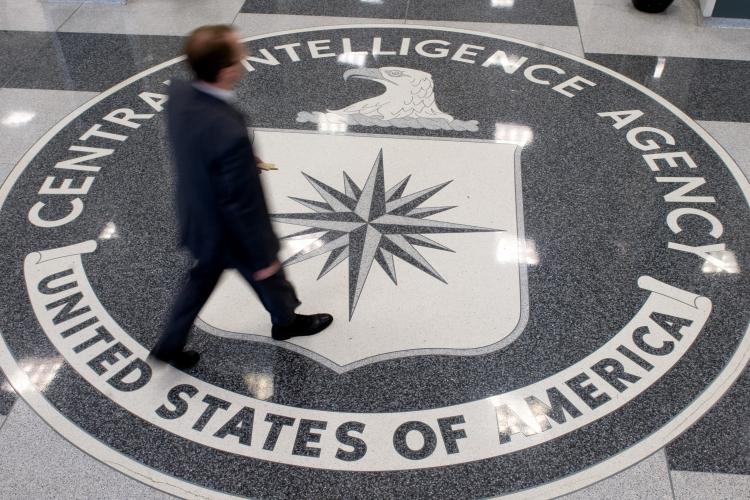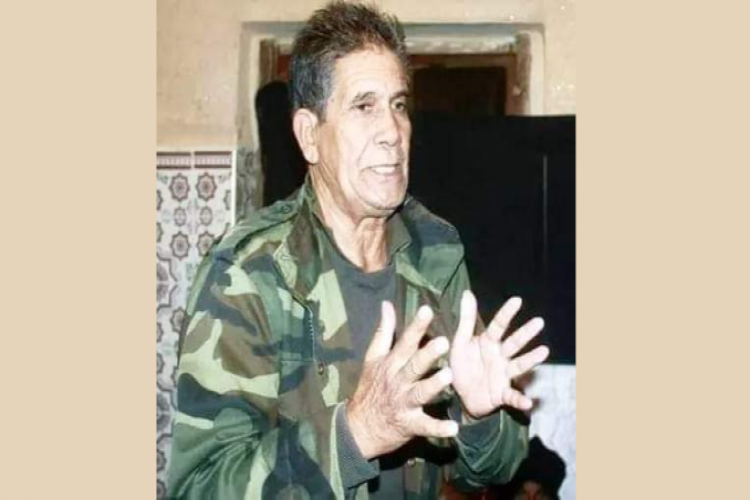| Attachment | Size |
|---|---|
| Maritime Morocco and the economic and social development in the Sahara region (7.2 MB) | 7.2 MB |
The concept of territory occupies a fundamental place in international law. Thus, the United Nations Convention on the Law of the Sea[1] December 10, 1982, commonly known as the Montego Bay Convention, codified and established precise rules for the delimitation of maritime spaces for all UN member states, further anchoring the notion of integrity and territorial sovereignty.
Following its independence, Morocco became a member of the United Nations in 1956 and recovered its territorial integrity in 1975, through the Madrid Agreement, which allowed the retrocession of the Sahara region. In the current geopolitical context, Morocco also occupies a geostrategic position that allows it to be a platform for trade between the African and European continents, but also to position itself as a key player in the connectivity of the African continent. With a maritime area of one million square kilometers and a coastline of 3,500 kilometers of Mediterranean and Atlantic coasts, Morocco has managed to make its territory a major asset for the economic and tourism development of its various regions and a first-class interface for international trade.
The coasts of the Moroccan Sahara are a real lever for the development of the region, due to the richness of the fisheries resources found in the waters off the region. These include important cephalopod and pelagic resources, whose exploitation, artisanal in earlier times, is undergoing an impressive expansion thanks to Morocco's investments in the maritime fishing sector in the region, thus enabling the population to take full advantage of the region's natural resources. Morocco has also structured its coasts in a coherent manner into ports and trading posts, while also developing a certain expertise in the sea trades. In recent years, Morocco has invested in the development of its blue economy as a new engine of economic growth, social and sustainable development, while complying with environmental protection standards. The blue economy has become one of the pillars of the New Development Model of Morocco.
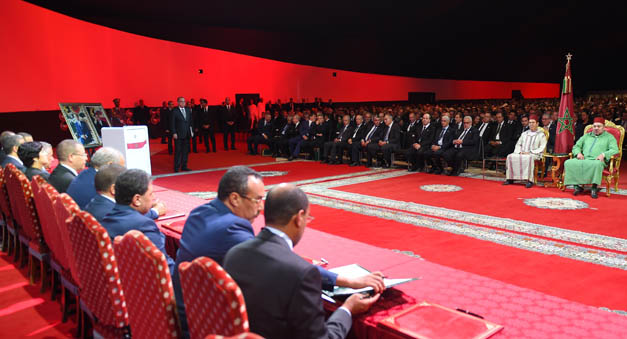
It is in this perspective that the Kingdom, concerned with the fulfillment of its international commitments, aims to achieve the Sustainable Development Goal 14 in the UN Agenda for Sustainable Development by 2030 consisting of: "conserve and sustainably use the oceans, seas and marine resources for sustainable development".
According to the Economic, Social and Environmental Council (CESE)[2], "the Moroccan coasts represent 52% of the tourist revenue and 92% of the industrial fabric linked to the fishing and seafood sectors, port activities, seaside tourism, oil, gas, etc. Other industries are emerging or are called to be developed in Morocco as aquaculture, biochemistry, shipbuilding or yachting.
With His Majesty the King Mohammed VI, Morocco has developed a strategy to boost its blue economy, making it attractive to the point that the Kingdom has become a premier destination for foreign direct investment.
After ratifying the International Convention of Montego Bay in 2007, Morocco, ten years later, undertook the necessary legislative and regulatory measures to delimit its maritime domain, in accordance with the provisions of international law. The Kingdom simply could not remain on the sidelines of the dynamics of regulation of maritime spaces. This legal approach is based on the desire to strengthen its surveillance of its coasts in terms of security and migration, but also in order to benefit from the natural resources that it is entitled to under international law.
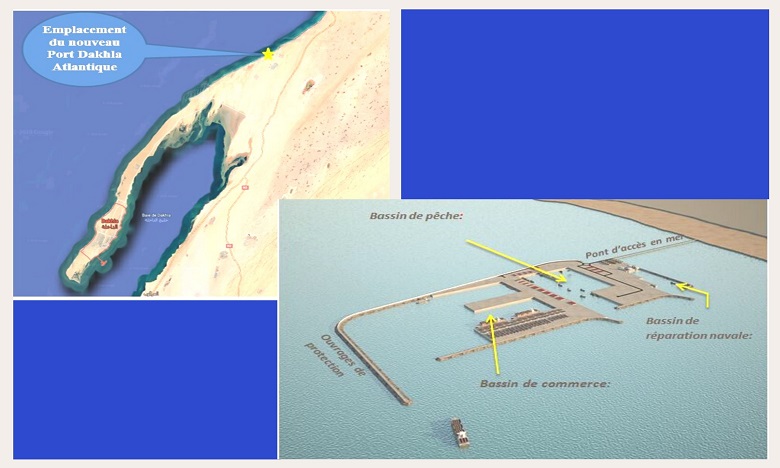
Thus, the Convention on the Law of the Sea stipulates in its article 56 (1) (a) that "in the exclusive economic zone, the coastal State has sovereign rights for the purpose of exploring and exploiting, conserving and managing the natural resources, whether living or non-living the waters overlying the seabed, the seabed and the subsoil thereof, as well as with respect to other activities for the purpose of exploring and exploiting the area for economic purposes, such as the production of energy from water, currents and winds”.
No report of the UN Secretary General, nor any resolution of the UN Security Council has ever incriminated Morocco in its action to develop natural resources in the Moroccan Sahara. On the contrary, the Secretary General underlines in his different reports on the Moroccan Sahara, the economic and social progress that the Sahara region is experiencing and that we had the opportunity and the chance to visit, thus allowing me to attest to the veracity of the facts. In 2002, the UN Legal Counsel even considered that any foreign investment in the Moroccan Sahara was legal if it directly benefited the local population. This is what Morocco has always endeavored to do, since the only legitimate representatives of the region's population are Sahrawi elected officials, elected through democratic elections, and the majority of the workforce in most industries in Moroccan Sahara comes from the local population. These achievements have helped to establish the Sahara region as a major destination for international investment. In any case, Morocco has made the bet to make West Africa a privileged axis for business and development with its various international partners.
Our objective is to highlight the reasons why Morocco decided to comply with international law by delimiting its maritime space as one of the prerequisites for the achievement of its advanced regionalization policy and with the ultimate objective of paving the way for the Autonomy Initiative for the Moroccan Sahara, presented by the Kingdom in 2007, and which now receives a large majority of support from the international community. We will also expose the multiple achievements and the different projects launched by Morocco within the framework of the New Development Model for the Southern Provinces, as well as the climate of confidence reigning in this region, solidifying the multiform partnership that links the Kingdom with its international partners.
The United Nations Convention on the Law of the Sea is one of the most important international treaties allowing coastal States to submit to the United Nations Commission on the Limits of the Continental Shelf a request for the extension of their continental shelf and access to the activities that are carried out in the high seas area. The objective is to allow all coastal states to have full sovereignty over their maritime space. In 2020, Morocco decided to proceed with the compliance of the delimitation of its maritime space, in accordance with international law and the Law of the Sea Convention. This is the draft law 37.17, amending and supplementing the law 1.73.211 of March 2, 1973, fixing the limit of territorial waters, as well as the draft law 38.17, amending and supplementing the law 1.81, establishing an exclusive economic zone of 200 nautical miles off the coasts of the southern provinces of Morocco by incorporating it into the national legal arsenal. The two laws also establish the baselines as well as the continental shelf of the seabed linking Morocco to Spain, Portugal and Mauritania. Thus, the two texts are of particular importance in the context of updating the national legal arsenal relating to the Kingdom's maritime spaces. The two laws were aimed at adapting the Moroccan legislative arsenal to the full sovereignty of Morocco over all its territory and territorial waters, given that the texts governing the maritime domain date back to 1973 and 1981. On the legal level, the Kingdom had to harmonize its national legislation with the United Nations Convention on the Law of the Sea to complete the completion of its territorial integrity on this important aspect.
The New Model for the Development of the Southern Provinces launched in 2015 aims at a multidimensional development and integration of the southern regions of the Kingdom, thus aligning with the guidelines of His Majesty the King Mohammed VI set out during the 40th anniversary of the Green March. Among them, is the desire to change the local economy, moving from a cash economy to the establishment of an economy oriented towards investment to generate more stable sources of income, beneficial to the local population and conducive to sustainable development over the long term. It is in this line that the Sahara region has seen its economic pole enriched with the launch in recent years of various projects, thus establishing itself as a lever for development both nationally and continentally. The backbone of this development will be the maritime economy, based on the following triangle: port infrastructure and logistics, tourism, fishing and seafood. The flagship project concerning the development of the maritime pole of the region is the large port of Dakhla, which is intended to develop fisheries resources but also the potential of the region of Oued-Eddahab-Lagouira as the first fishing pole of the Kingdom. Indeed, the development of pelagic resources and the development of industrial and transport infrastructures will allow the emergence of the "Blue Hub" of Dakhla; thus allowing the development of local resources while taking into account and respecting the environment. This approach is part of Morocco's desire to develop the region following the guidelines of the blue economy. Such a result requires upstream the development of an Atlantic port and an industrial zone in Ntirift, 70 km North of Dakhla, as a free zone.
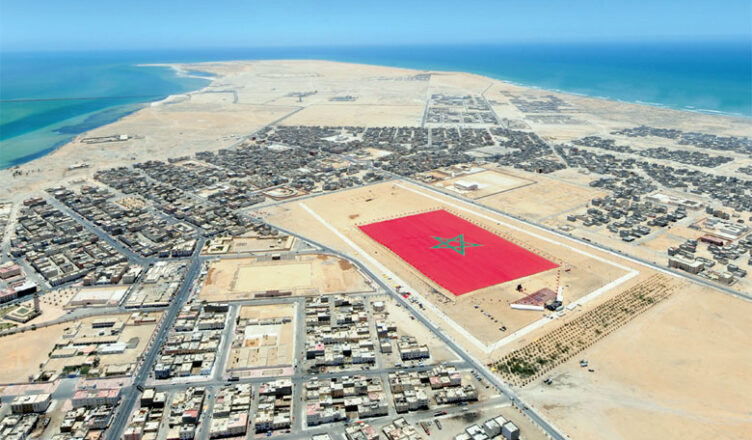
The construction of the large port of Dakhla on the Atlantic coast, located 40 kilometers north of the city, is part of this vision. The latter is divided into three ports to meet regional development objectives and specific to the fishing sector. It will therefore contain a commercial port, a port dedicated to coastal and offshore fishing and a port dedicated to the shipbuilding industry. The construction of this port is also part of a process of opening up the Southern Provinces, in order to promote their successful integration into the vast maritime economic basin from the northern coast of the country to that of West Africa and the Canary Islands. Therefore, the port of Dakhla will also provide maritime services to Casablanca, Tangier and Las Palmas, but also Dakar and the ports of the Gulf of Guinea. This is part of the desire to make the port of Dakhla and the southern provinces an engine of regional and continental development, allowing Morocco to strengthen its linkages with the rest of Africa. It will also aim to support the key sectors of the region such as fishing, agriculture, mining, energy, tourism, trade, and industries while providing the region with modern logistics infrastructure. The port will be backed by a 1,650-hectare industrial-logistics zone designed to offer quality industrial and logistics services at lower cost. These infrastructures accompany and generate activities through their knock-on effects on transport, port logistics, naval maintenance and onshore and offshore services.
On the other hand, the development of the maritime economy is not only through traditional activities of processing of sea products but also through other activities aimed at developing maritime activities that bring sustainable growth and high added value, namely marine energy, aquaculture, blue biotechnology, agribusiness, seabed mining, marine and underwater tourism, and sports tourism.
Apart from this fishing cluster, the region has all the assets for the development of related activities, including those related to tourism, while agreeing to preserve the natural heritage. Indeed, the economic development of the region passes ineluctably by tourism. That is why a project to implement six resorts in the Sahara, including that of Guelmim Plage Blanche, as well as another in Dakhla, a spot of kitesurfing, already in rapid expansion, have been launched. Today, the city of Dakhla, often called the "jewel of the desert", already attracts many tourists both nationally and internationally thanks to the water activities offered in the region, allowing them to practice throughout the year surfing and windsurfing among others. This attraction is explained by the quality of the infrastructures and the service offered to the general public. In addition, in this period of global pandemic, the region of Dakhla-Oued-Eddahab has been taken by storm by national tourism with a clear increase in the number of tourists from all regions of the Kingdom. Indeed, as a haven of peace with its landscapes and its range of activities, Dakhla has become a popular destination at the national level. This is part of the new dynamics instilled in the region as part of the “Azur Plan” to make the region a "strategic lever for the revival of the tourism sector in the region" and for it to assert itself as a true destination of beach tourism. The development of these two sectors is not only beneficial for the Kingdom but also and above all for the inhabitants of the region which will allow to instill a new socio-economic dynamic; thus promoting the creation of new jobs and a better quality of life for them. These projects have been developed specifically for the local population as stated by the King during his speech on the occasion of the 40th anniversary of the Green March who insisted on the need to place them at the heart of this sustainable development process.
In addition to these activities that employ mainly the inhabitants of the region, there is also a social impetus that is developing with the establishment of the Technopole of Foum el Oued but also the launch of additional training and initiatives for business creation. Thus, these two sectors lead to the expansion and establishment of a whole economic and industrial fabric allowing a sustainable development of the region both economically and socially, with the local population at the center as the main actor and essential for the economic development of the Moroccan Sahara region. In May 2020, four industrial units were launched in Dakhla for the valorization of fishery products, mobilizing a global investment estimated at 100 million dollars. All these achievements are documented in the various reports of the UN Secretary General on the issue of the Moroccan Sahara, constituting a recognition of the socio-economic development of the Southern Provinces.
Strong of its fishing potential, Morocco is positioned, nowadays, as the essential partner on the international scene. Its two maritime façades, Atlantic and Mediterranean, offer it multiple opportunities for economic and commercial partnerships with countries in its immediate vicinity or others on the other side of the world, such as Japan. Over the years, Morocco has recorded an increase in the number of its agreements relating to maritime fisheries with its economic partners. Indeed, in view of the importance of its coastline covering the Mediterranean Sea and the Atlantic Ocean as well as the fisheries resources it contains, Morocco has made fishing a key sector of its economy. The fishing sector has constituted on average over the last ten years 2.3% of the national GDP and has seen its revenue increase by 5% per year[3]. The fishing sector provides 10% of total exports and 50% of agro-food exports. This sector also contributes greatly to employment by providing 170,000 direct jobs, 490,000 indirect jobs and provides a living for 3 million people, particularly in the fisheries, on the coasts of the Moroccan Sahara and the North of the country.
Morocco's geographical position on the Strait, at an important crossroads of trade linking Europe, Africa, Asia and the Americas, makes maritime transport the optimal means for an efficient and complete integration of the Moroccan economy into the world economy. This, coupled with the richness of its fisheries resources makes Morocco an ideal partner for maritime fishing development. Morocco has multiplied bilateral agreements with a multitude of partner countries, such as Senegal, Côte d'Ivoire or Ghana, with the objective of supporting small farmers, cooperation in maritime This sector also contributes greatly to employment by providing 170,000 direct jobs, 490,000 indirect jobs and provides a living for 3 million people[4], particularly in the fishing areas, i.e. on the coasts of the Moroccan Sahara and the north of the country. Morocco's geographical position on the Strait, at an important crossroads of trade linking Europe, Africa, Asia and the Americas, makes maritime transport the optimal means for integration of the Moroccan economy into the world economy. This, coupled with the richness of its fisheries resources, makes Morocco an ideal partner for maritime fishing. Morocco has multiplied bilateral agreements with a multitude of partner countries, such as Senegal, Côte d'Ivoire or Ghana, with the objective of supporting small farmers, cooperation in maritime fisheries and aquaculture, maritime training, fisheries research, aquaculture, processing and valorization industries, marketing of fisheries products and the fight against illegal, unregulated and unreported fishing. The two most important agreements in terms of volume exported concerning the fisheries sector are those with Russia and the European Union.
In September 2020, Morocco signed the renewal of the Moroccan-Russian fisheries agreement, defining the principles of cooperation in the preservation and exploitation of fisheries resources in the EEZ of Morocco. The defined quota amounts to 140,000 tons[5] of pelagic fish during the period of the agreement, of which 23%[6] are sardines during the first year. This new agreement, which has a duration of 4 years, is the eighth one concluded since 1992. It defines the legal framework allowing a fleet of 10 Russian vessels to fish small pelagic species in Moroccan waters beyond 15 nautical miles[7]. It also includes a scientific and technical cooperation for the monitoring of the pelagic ecosystem in Moroccan waters between the National Institute of Fisheries Research and its Russian counterpart. In addition, it will allow Moroccan students to benefit from training scholarships in Russian institutions specialized in marine fisheries.
Regarding the agreement with the EU, on February 12, 2019, the European Parliament adopted a new agreement and a four-year protocol covering the coasts of northern Morocco but also the waters off the Sahara with the approval of local populations. The protocol would provide fishing opportunities for 128 EU vessels[8] and grant fishing permits to Spain and Portugal for demersal species and to Spain and France for tuna. The Netherlands, Lithuania and Latvia account for more than 70%[9] of the quotas allocated to the large-scale small pelagic fishery, with the remaining percentage divided among Germany, the United Kingdom, Poland, Ireland, Portugal, France and Spain. The agreement covers the fishing area from Cape Spartel to Cap Blanc and will have a financial contribution of 208 million Euros[10]. These legal instruments are, in all respects, in conformity with the provisions of the Vienna Convention on the Law of Treaties. In fact, they are Agreements that reflect the meeting of two freely expressed wills between two Parties entitled under international law to make international commitments.
Export opportunities[11]:
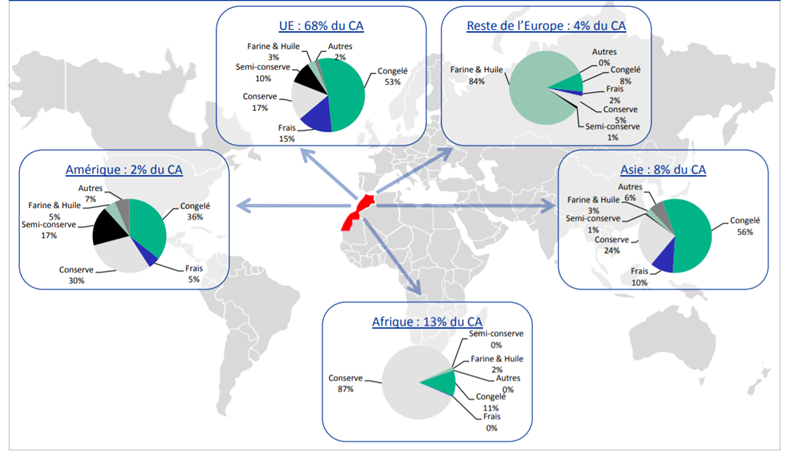
Morocco had to face, just after the recovery of its Southern Provinces, a great deficiency, even an absence, of basic infrastructure facilitating the life of the local population of the Moroccan Sahara. Faced with this situation, Morocco has put at the disposal of this region, colossal financial and economic means, through an investment of several billion dollars, to ensure the reconstruction and economic revitalization of this part of the Kingdom. As His Majesty the King stated in his speech on the occasion of the 39th anniversary of the Green March, "Since the recovery of our Sahara, for every dirham of revenue from the region, Morocco invests 7 dirhams in its Sahara, as part of solidarity between its regions and between the children of the United Motherland”. As for human development indicators in the region, they were, in 1975, 6% lower than in the northern regions of Morocco. Today, the indicators in the Sahara Region are far above the average of other regions of the Kingdom.
Thus, the Provinces of the Sahara Region will experience, particularly through the measures related to the process of advanced regionalization, provided for by the Constitution of the Kingdom of Morocco of July 2011, the implementation of their new development model, which aims to promote democratic management, by the people of the region, of their development policies, as part of an integrated and sustainable human development respecting the specificities of the Sahara Region. Within the framework of this development model, His Majesty the King's visit to Laayoune and Dakhla, respectively in November 2015 and February 2016, marked the launch of large-scale investment projects, amounting to more than 7.7 billion US dollars, in the fields of infrastructure, health, training, industry, agriculture, renewable energy and marine fisheries. In view of the scale of these investments, the budget envelope has been increased to $8 billion. This new dynamic triggered by the New Development Model for the Sahara Provinces, draining important national and international investments, promises to make this region a center of economic exchange and an axis of cultural and human connection between Morocco and sub-Saharan African countries. The exploitation of natural resources in the Sahara region is a component of the national policy aimed at ensuring the sustainable development of the Sahara region, based on the need for the preservation and leveraging of natural resources, to the benefit of the local population.
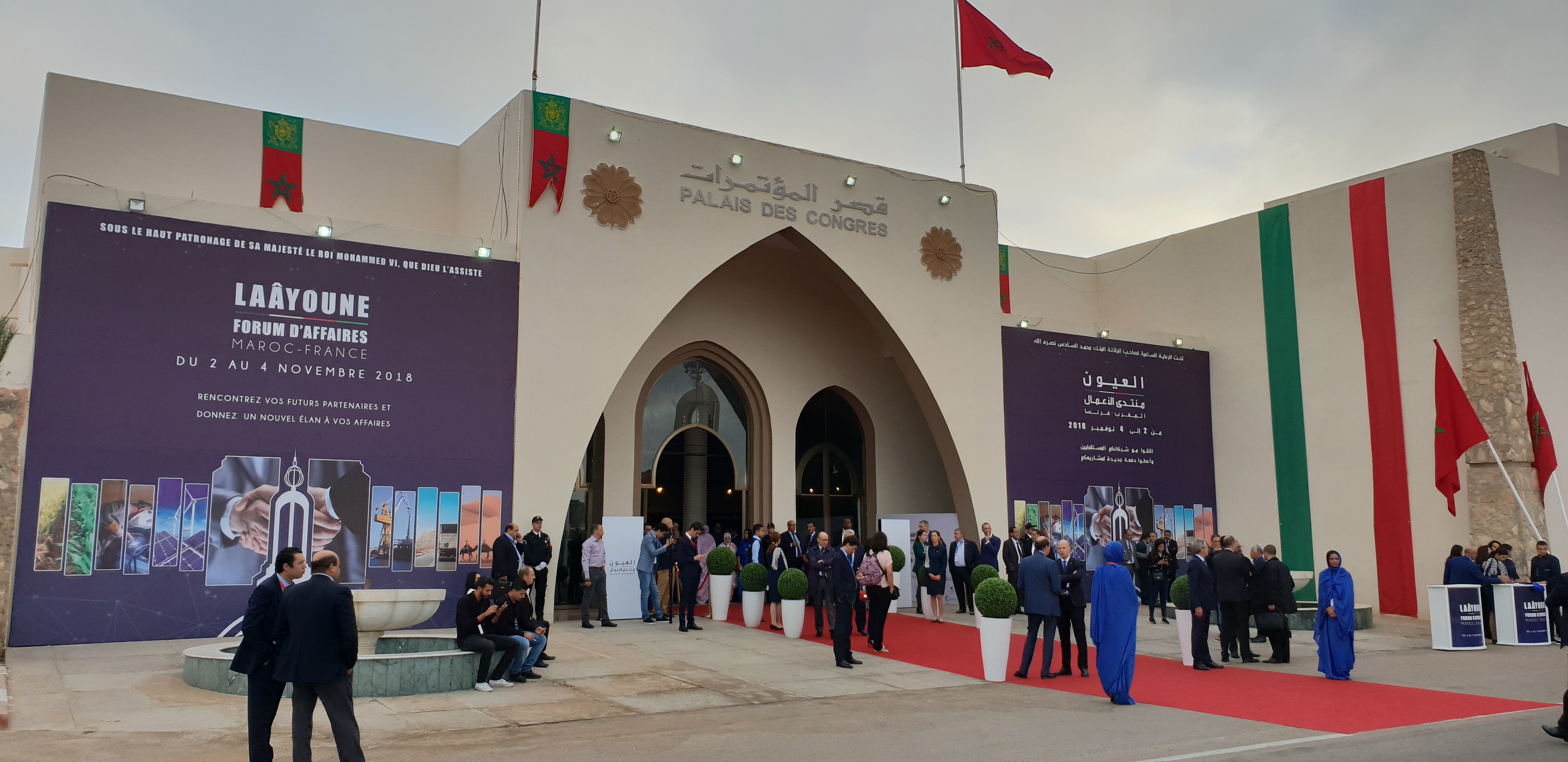
The population of the Sahara region actively participates in the implementation of national policies dealing with the management and exploitation of national resources, through its representatives in the Parliament and its elected authorities at the local and regional level. Similarly, the businesspersons of the Sahara region are actively involved in the exploitation of its natural resources, particularly in the fisheries sector, which has enabled them to develop their financial capacities and know-how in order to expand their activities at the national and international levels. The efforts made by the State to ensure the sustainable development of the Sahara region are considerable and have concerned various sectors and areas, namely, housing, water, basic infrastructure, fisheries, agriculture, education, health, sports and tourism. Today, the Saharan Provinces are emerging as a new economic hub where many multinationals settle to invest.
As we have seen throughout this article, Morocco has made the blue economy an engine of economic growth to elevate its Southern Provinces to the rank of new destinations for doing business. Moreover, it is done, because the two main Saharan cities are experiencing a dynamic economic growth, host many multinationals operating in various sectors, have a solid infrastructure and have become in any case, the new tourist destination that the international media promote.
Since 2019, 22 countries located in the four corners of the world have decided to take the step of opening consular offices in the cities of Laayoune and Dakhla. Evidently, the opening of Consulates General in the Moroccan Sahara is a clear and unequivocal recognition of the full sovereignty of Morocco over its Sahara, but it also reflects the desire of these countries to contribute to the economic development of the Sahara region. The opening of these consular representations is not accidental, and stems from the emergence of the Moroccan Sahara as a regional economic hub, thanks to the policies carried out to ensure the socio-economic development of the region. As Morocco's gateway to Africa, the Moroccan Sahara is a haven of prosperity offering opportunities for African citizens from all walks of life. This dynamic was crowned by the American decision of December 10, 2020, which definitively sealed the irreversibility of the Moroccan Sahara. This decision, of legal force, is not insignificant and also has a highly political character because it emanates from a world power, having contributed to the elaboration of international law, from a permanent member of the UN Security Council and finally from the penholder on the UN resolutions on the Moroccan Sahara. As a result, the United States decided to open a Consulate General in the city of Dakhla with an essentially economic vocation, in order to encourage American investments in the region and to contribute to the economic and social development, for the benefit of the local population. The U.S. recognition came one month after the peaceful operation led by Morocco to secure and restore free civilian and commercial traffic movement at the Guerguerate border crossing between Morocco and Mauritania. This shows how much the United States wants to maintain peace and security in this strategic area of the world.
What the international community need to know is that socio-economic development is a legitimate and inalienable right in the Sahara. This right is enshrined in particular in Article 1 of the Charter of the United Nations, which does not condition it on the basis of any particular status, or a given geographical situation or a political solution. This right should not be taken hostage by a regional dispute or by a mercenary and terrorist organization and its pernicious maneuvers. It is in this context that Morocco, under the Clear Sighted Vision of His Majesty King Mohammed VI, has undertaken bold investments, within the framework of the New Development Model for the Southern Provinces, of which the international community must take note. and salute his colossal efforts.
The Sahara region has been able to boost a dynamic of sustainable growth through a joint mobilization of the State and public and private investments in the region, it being specified that it is the population of the Sahara, who democratically manages their affairs, in accordance with their inalienable right to development.
By Nikaky Lygeros
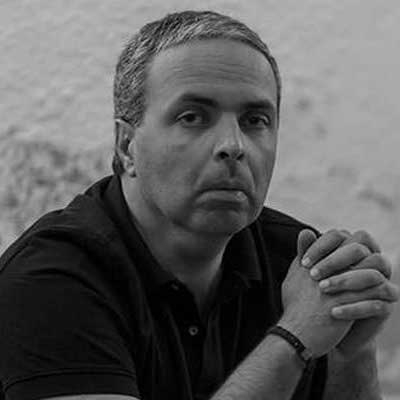
[1] Convention des Nations Unies sur le droit de la mer : https://www.un.org/Depts/los/convention_agreements/texts/unclos/unclos_f.pdf
[2] Rapport du CESE « L’économie bleue : pilier d’un nouveau modèle de développement du Maroc » https://www.cese.ma/media/2020/11/Rapport-AS38-VF-2.pdf
[3] Ministère de l’Agriculture et de la Pêche Maritime, Département de la Pêche Maritime. “HALIEUTIS Stratégie De Développement Et De Compétitivité Du Secteur Halieutique Marocain à l’Horizon 2020,” n.d. https://www.maroc.ma/fr/system/files/documents_page/HALIEUTIS%20Marrakech2010.pdf.
[4] Ibid.
[5] Ministère de l’Agriculture et de la Pêche Maritime, Département de la Pêche Maritime. “HALIHALIEUTIS Stratégie De Développement Et De Compétitivité Du Secteur Halieutique Marocain à l’Horizon 2020,” n.d. https://www.maroc.ma/fr/system/files/documents_page/HALIEUTIS%20Marrakech2010.pdf.
[6] Ibid.
[7] FADLI Taibi. “Maroc/Russie: Signature D'un Nouvel Accord De Coopération En Matière De Pêche Maritime.” MapNews, 2020. https://www.mapnews.ma/fr/actualites/economie/marocrussie-signature-dun-nouvel-accord-de-coop%C3%A9ration-en-mati%C3%A8re-de-p%C3%AAche.
[8] “Accord De Pêche Entre l’Union Européenne Et Le Maroc En Bref ,” 2019. https://www.europarl.europa.eu/RegData/etudes/ATAG/2019/633172/EPRS_ATA(2019)633172_FR.pdf.
[9] Ibid.
[10] Ibid.
[11] Ibid.
